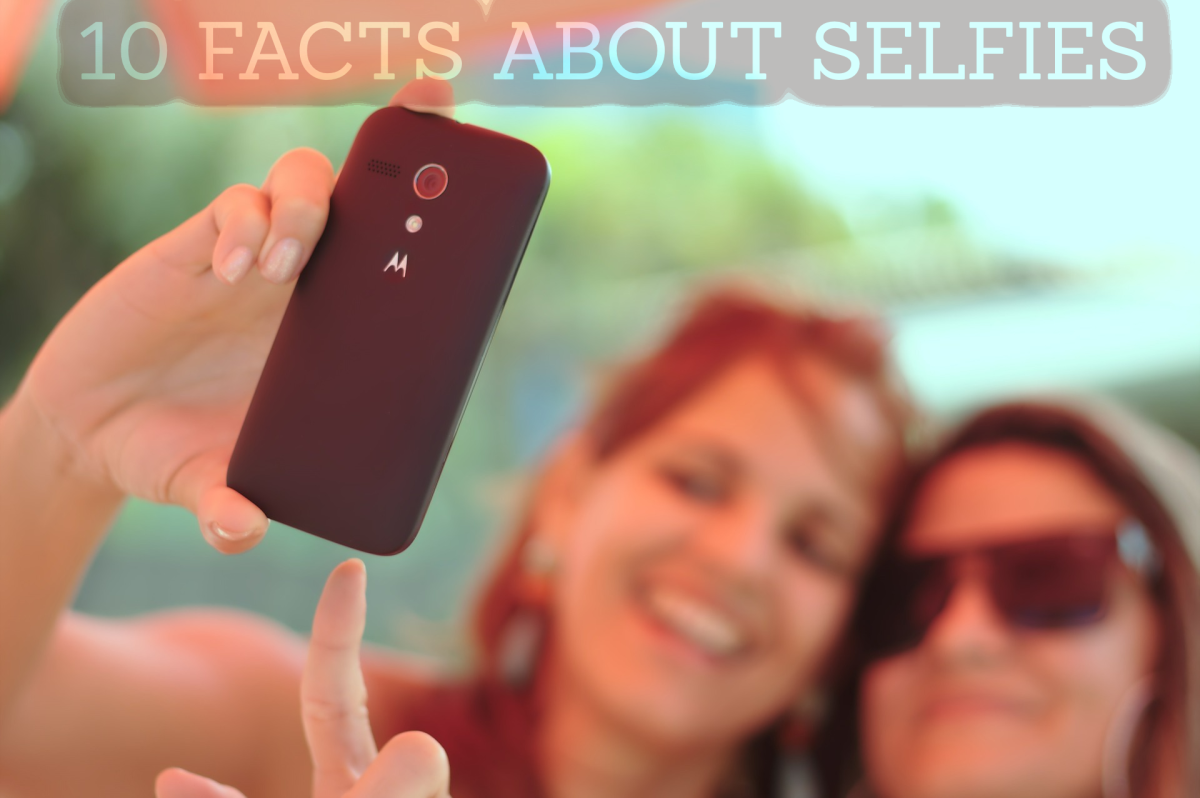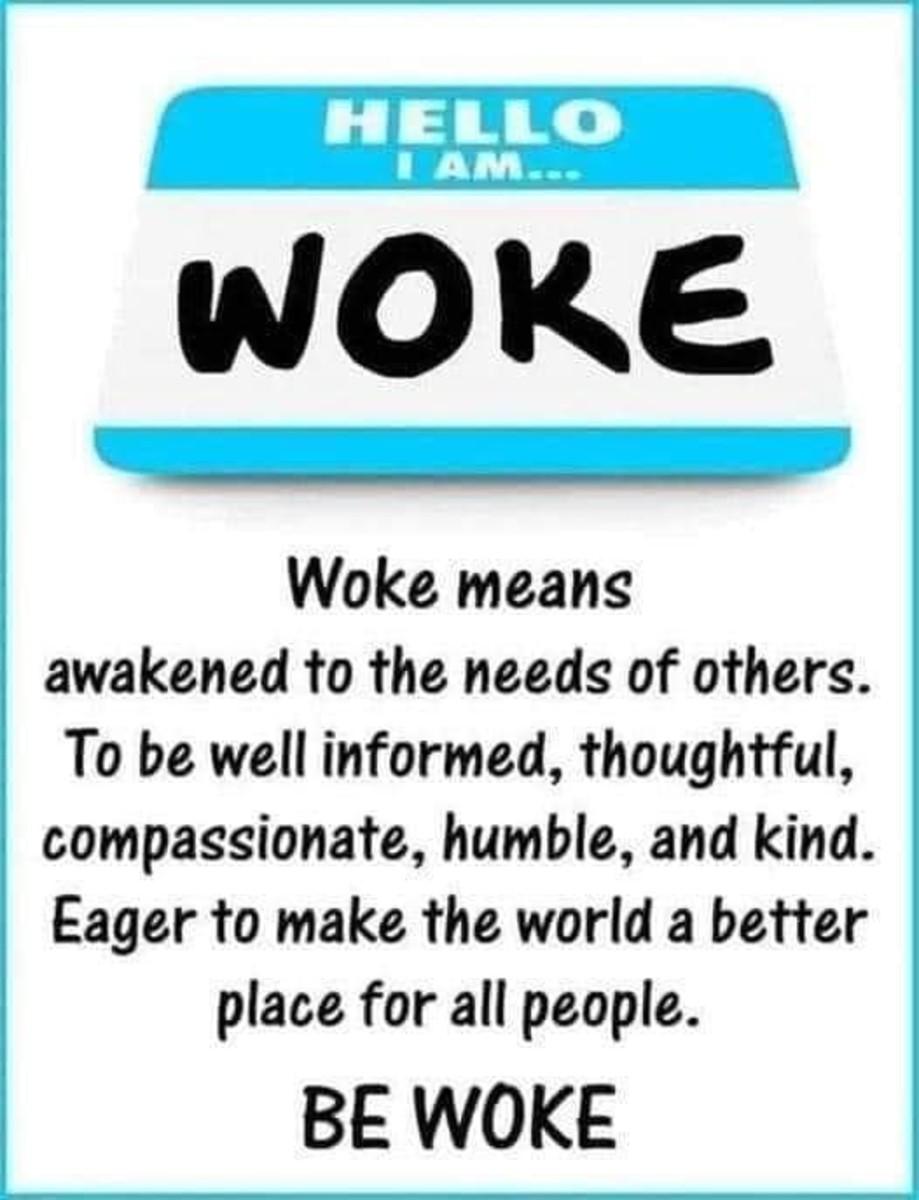10 Fascinating Facts About the Human Nose
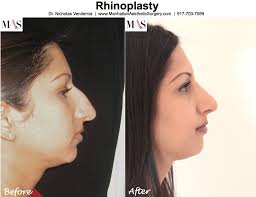
10. Nose Jobs (Rhinoplasty)
The nose is one of the prominent and protruding features of the face and is probably the first thing people notice when looking at someone making it a vulnerable facial feature.
Statistics show that nose jobs are the second most popular cosmetic surgery after breast enhancement. The obsession with rhinoplasty is based on ridiculous set standards of beauty which push individuals to get a more Westernized or European styled nose. While nose jobs are becoming less popular among Jewish girls there has been a noticeable rise in the number of nose jobs among Asians, Hispanics and African-Americans.
This obsession with the nose is what has made Iran, the country with the highest rate of nose surgeries. In Iran women are required to wear Hijabs and the only part they can show off is the nose and having the perfect nose is believed to expedite marriages. And the surgery is not restricted to women only, men are also getting into the fad but for them it is mainly about attracting more clients to boost their businesses.

9. Odors
For decades it was believed that the human nose could only detect about 10,000 smells but a new research suggests that it can detect up to one trillion odors. Even with these impressive numbers we still cannot hold a candle to our loyal friend, the dog. Dogs and animals’ sensitivity is still superior to that of humans and is two to three times better than that of humans.
The experiment involved asking 26 people to smell varied cocktails of 128 different odor molecules in different concentrations to make different smells. In fact experts say that the one trillion odors estimate is an underestimate and that humans are capable of much more since we only use a small part of our olfactory senses.
While you might be gearing up to smell the different odors around you don’t get disappointed if you get little or no results. This is because humans only use a small part of our olfactory senses since we don’t pay much attention to our sense of smell or use it every day it’s hard to reach our full capacity to smell.
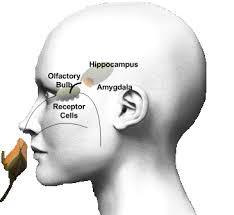
8. Sense of Smell Connected to Memory
Ever noticed how someone walks past you and once you get a whiff of their perfume or cologne you suddenly flash back to a sweet teenage memory and with it a bucket load of emotions or how the scent of a particular memory triggers a particular childhood memory.
Well wonder no more! It turns out that our sense of smell is connected to our memories. Researchers have found a tight connection between smell, emotion and memory. The olfactory bulb is the part of the nose that helps the brain process smell and is a part of the limbic system, the emotional center of the brain. Since the olfactory bulb is part of the limbic system it can easily access the amygdala, which controls emotional memories. A familiar smell is often imprinted together with an emotional memory and once you smell the particular scent it triggers the amygdala to produce a flood of memories and emotions.
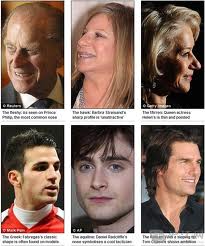
7. Types of Noses
The nose is one of the most complex and diverse features of the face. With billions of people from different races, tribes and settings it’s difficult to imagine that noses could be grouped into a definite set of categories.
Well a recent numerical survey study by an Israeli scientist, Abraham Tamir, revealed that basically all noses can be fitted into 14 types of noses. In the study Tamir used 1,800 photos of which 400 images came from snapshots of artwork while 1,400 photos were of real people in Israel, France, Holland and Belgium. The study revealed the “fleshy nose” to be most popular and the most attractive to be the “snout shape”.
While the study remains unique and the first of its kind, critics argue that the study has its own limitations. One of the major drawbacks of the study is that Tamir only focused on Caucasian noses and neglected to include Asian, Latin, African and non-European and non-Israeli noses in the study.

6. Electronic Noses
We live in the age of great advancement and technological innovations and the nose has not been left out. In what is being termed as a revolution in terms of how we use the sense of smell, researchers have created an “electronic nose” (LINK 9).
The idea of an electric nose is not a new concept and has been around for 20 years. It’s only recently that the implications of such a device are being fully considered and pursued. The electronic nose works by detecting vapors or gasses using its numerous inbuilt chemical sensors. The sensors are designed to either detect a single chemical, a family of chemicals such as alcohol, and even a complex mixture of many chemicals.
There are already several of these e-noses in the market and their potential for use in various fields is astounding. For instance, some E-noses are being specifically designed to detect diseases such as cancer and tuberculosis, chemical weapons and poisonous vapors, taints in pharmaceuticals, sewage buildup, contaminated food and drinks etc.

5. Anosmia
Imagine waking up one morning and you could not smell fresh baked cookies, a cup of coffee or anything at all. Anosmia is condition where humans lose their sense of smell either partially or completely. The condition can also be temporary or permanent depending on the cause.
Sense of smell might not seem important but it’s a crucial aspect of human senses since it helps human identify danger and poisons. For some folks who are born with the condition or who later develop it in life can be at a severe disadvantage or even dangerous especially when they cannot detect smoke fumes from a looming fire or smell whether food has gone bad.
Another study also revealed that individuals with anosmia have a slight disadvantage when it comes to sex and relationships. Men born with the disorder were found to have fewer sexual partners compared to the normal healthy male while women were found to be more insecure in their relationships. This is because a lot of social signals that are produced by humans are transmitted through our sense of smell.

4. Nose Straightening Products
While the beauty industry is no stranger to weird and bizarre beauty treatments and devices, nose straightening products are certainly in a league of their own. The product seems to have mainly originated from Japan, as with all other bizarre fads.
A quick look through Japantrendshop.com reveals a butterfly beauty nose clip; a contraption they say will make the nose more firm and tighter giving it a higher profile. Apparently wearing the device for five minutes per day will give you the desired shape of the nose. Even Amazon has gotten in on the trending cash cow and is selling the device.
Advocates for the products claim that they are a great alternative to nose jobs, which are more invasive and expensive. Whether these devices work or not remains a mystery that no one is keen on solving. The products seem to have enough of a fan base to stick around and if the dozens of testimonials all over the internet are to be believed then the product does really work.

3. Insured Noses
While most of us use our noses for smelling good or bad food, fragrances and nasty things; others are turning their sense of smell into long lasting careers. The art of smelling is nothing to be laughed at, if you can master your sense of smell, then it is a highly valued asset in the fragrance, wine and coffee industries.
In 2008 a Dutch winemaker and taster, Ilja Gort, had his nose insured for $8 million by Lloyd’s of London. Gort took out the policy on his nose once he heard about a man who lost his sense of smell after a car accident. He said he considers his nose an essential asset (LINK 20) for him to be able to produce top quality wines.
Coffee tasters are not being left behind either and going by the insurance of Dave Roberts. Mr. Roberts is a chief master taster for NESCAFE and in 2011 his nose was insured for €2.3 million, making him the first coffee specialist to have his nose insured.

2. Booger Eating
For centuries we have been brainwashed into thinking and believing that picking your nose, let alone eating the dug up treasures, is a bad habit and an evil thing. Well scientists are now totally giving you the go ahead to eat boogers because it’s healthy.
A Canadian scientist has come up with a theory that nasal mucus, commonly referred to as boogers, is good for you. The nose is a natural air filter and the nasal mucus acts as a flypaper which traps dirt and bacteria and by ingesting boogers you expose your immune system to these germs which in turn strengthens your immunity and is therefore able to counter many of the germs we are constantly exposed to.
The concept of booger eating is based on the “Hygiene Hypothesis” a theory which states that early exposure to germs and certain infections can help boost the immunity system. But fear not boogers have been observed to have a sugary taste which might explain why children are so addicted to booger eating.

1. Sneezing
Old school biology taught us that a sneeze is a simple reflex action triggered when your nasal cavity comes into contact with an irritant and may be an attempt to remove the irritant affecting the nasal canals. Well it turns out that a sneeze is much more than that!
A recent study by Patti A. Wood, a body language expert, revealed that a sneeze gives away an individual’s personality. The study led to Wood grouping people into four categories; the enthusiastic sneeze, the nice sneeze, the ‘get it done’ sneeze and the ‘be right’ sneeze. Another study shows that sneezing has patterns and may be a genetic trait, however, it should be noted that the issue lacks extensive study and needs more insight.
It also turns out that looking at the sun can trigger a sneeze. This particular conundrum has troubled scientists for centuries; even Aristotle tried to explain the puzzling link but could not quite put his finger on it.
This content is accurate and true to the best of the author’s knowledge and is not meant to substitute for formal and individualized advice from a qualified professional.
© 2014 Vivian K

